In today’s fast-paced world of manufacturing and commerce, packaging is far more than just a box or a wrapper. It’s a critical component of a product’s identity, a guardian of its integrity, and a key driver of its journey from production line to consumer. At the heart of this process lies Packaging Machinery, a vast and sophisticated category of equipment that automates and optimizes every step of this essential function.
A Symphony of Automation
The role of Packaging Machinery is to perform repetitive, high-speed tasks with unwavering precision and efficiency. These machines are the workhorses of the production floor, capable of handling a staggering variety of products, from delicate pharmaceuticals and fragile food items to heavy industrial goods. They are designed to meet diverse needs, whether it’s ensuring food safety through hermetic seals, protecting electronics from static discharge, or simply making a product look appealing on a store shelf.
The technology behind Packaging Machinery has evolved dramatically. Today’s machines are a far cry from the simple mechanical devices of the past. They are integrated systems equipped with advanced sensors, robotic arms, and intelligent software. This allows them to adapt to different product sizes and shapes, detect defects, and even communicate with other machines on the assembly line, creating a seamless and synchronized operation.
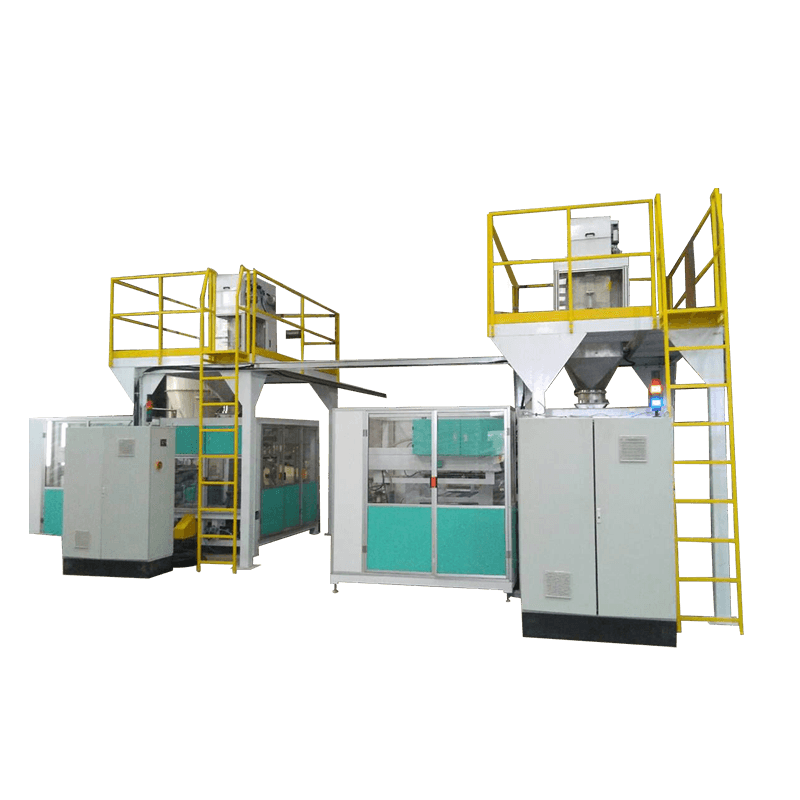
The Core Categories of Packaging Machinery
The world of Packaging Machinery can be broken down into several key categories, each with a specialized function:
- Filling Machines: These are designed to accurately dispense a specific amount of product into a container. They are essential for liquids, powders, granules, and other bulk materials. Examples include volumetric fillers, which dispense based on volume, and gravimetric fillers, which weigh the product for maximum accuracy.
- Sealing Machines: Once a product is in its container, it needs to be sealed. This machinery uses various methods, such as heat, pressure, or adhesives, to create a secure closure. This is crucial for maintaining freshness, preventing leaks, and ensuring product safety.
- Labeling Machines: These devices apply labels, stickers, and other identifying marks to products and packages. Modern labeling equipment is incredibly fast and precise, capable of applying labels to oddly shaped containers and even printing variable data like expiration dates and batch codes on the fly.
- Wrapping and Bundling Machines: This category includes shrink wrappers, stretch wrappers, and other equipment used to enclose single products or to bundle multiple items together for transport or retail. This machinery not only protects products but also can reduce material costs and improve logistical efficiency.
- Form-Fill-Seal (FFS) Machines: These are highly integrated systems that form the package (like a pouch or a bag) from a roll of material, fill it with the product, and then seal it in one continuous process. They are widely used in the food and snack industries due to their high speed and efficiency.
- Cartoning and Case Packing Machines: These machines automate the process of placing products into cartons or cases for shipping. They are essential for preparing goods for distribution and are often part of a fully automated end-of-line packaging solution.
Driving Innovation and Sustainability
The Packaging Machinery industry is constantly innovating. A major trend today is the push towards sustainability. Manufacturers are developing equipment that uses less material, works with recyclable or biodegradable packaging, and reduces energy consumption. This shift is not only a response to environmental concerns but also a way for companies to reduce costs and appeal to eco-conscious consumers.
The future of Packaging Machinery is also increasingly linked to robotics and artificial intelligence. Collaborative robots (cobots) are working alongside human operators, handling repetitive tasks with ease. AI-powered vision systems are performing quality control with incredible accuracy, and predictive maintenance algorithms are preventing costly machine downtime.
Ultimately, Packaging Machinery is more than just a set of tools. It’s a fundamental part of the modern supply chain, enabling mass production, ensuring product quality and safety, and driving efficiency on a global scale. As consumer demands and industry standards continue to evolve, so too will this dynamic and indispensable technology.


 English
English Español
Español عربى
عربى
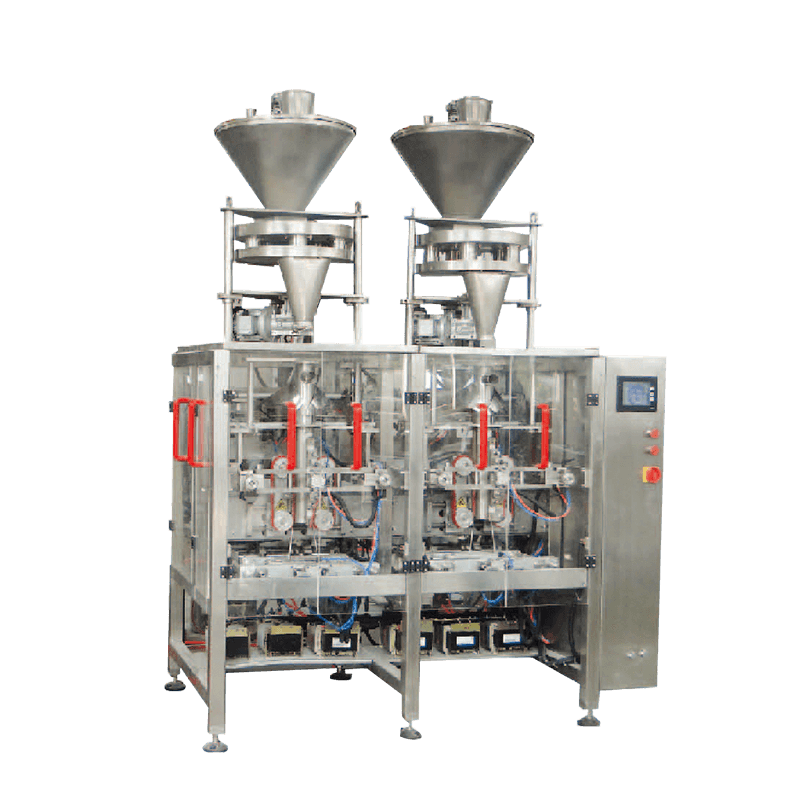
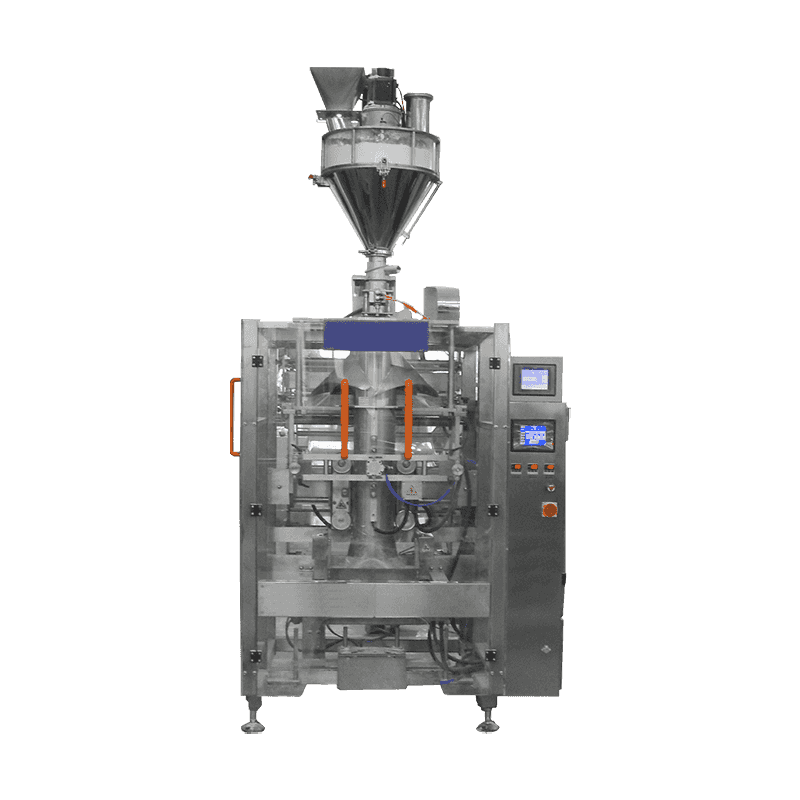
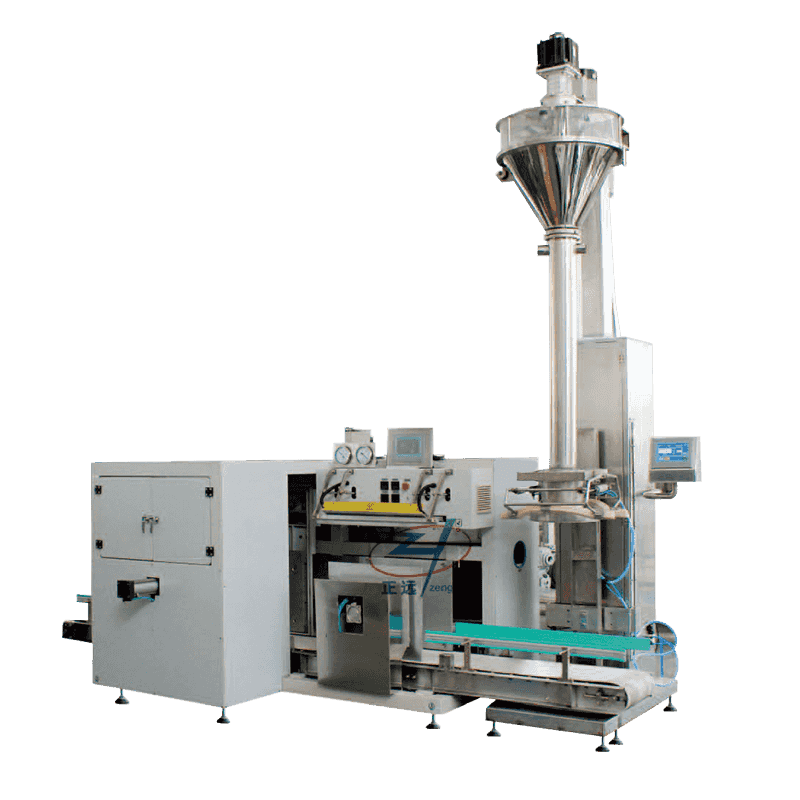
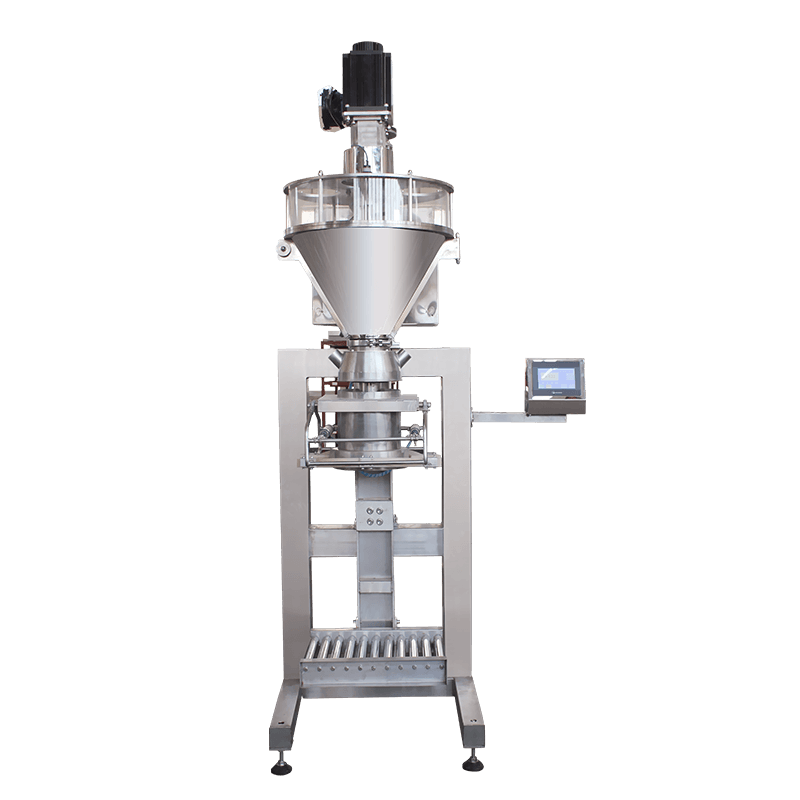
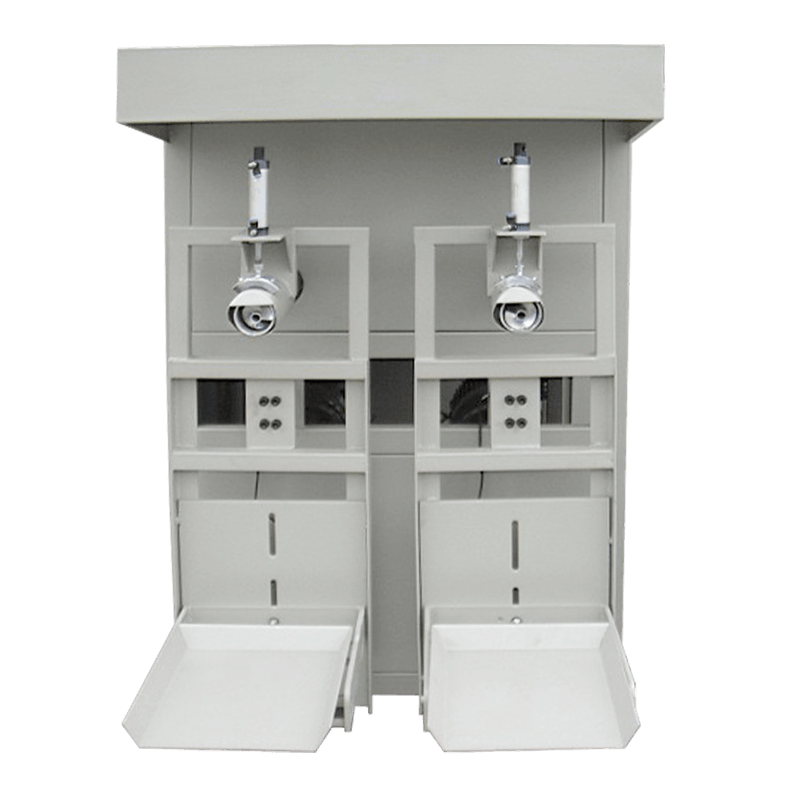
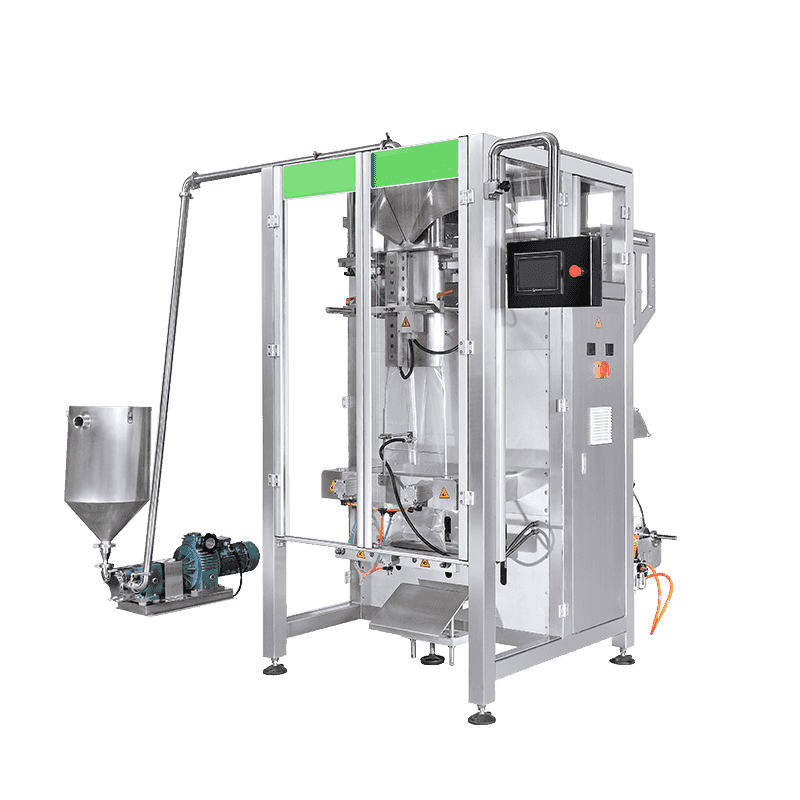
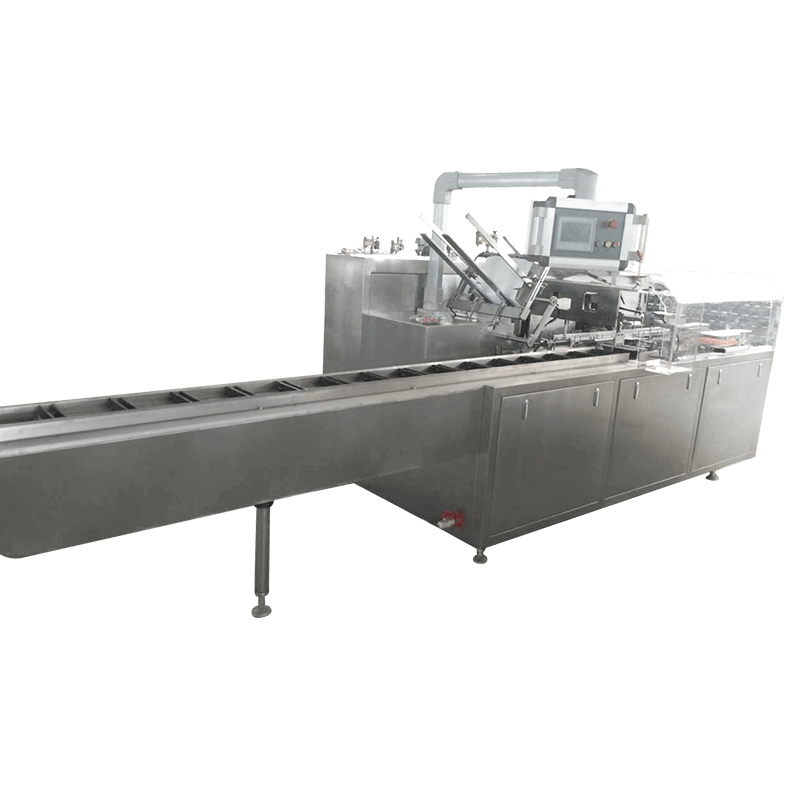
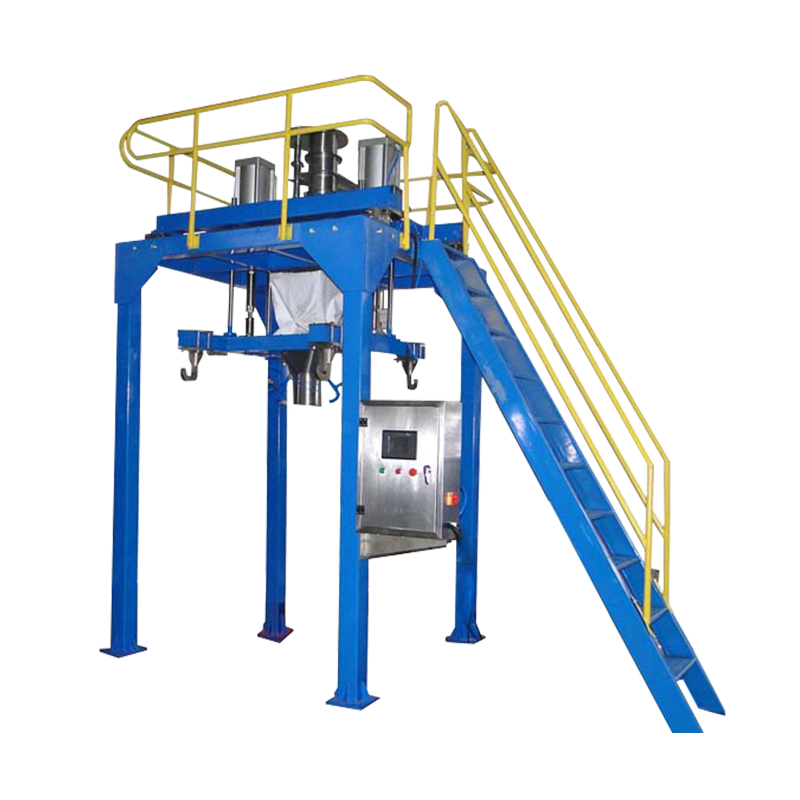
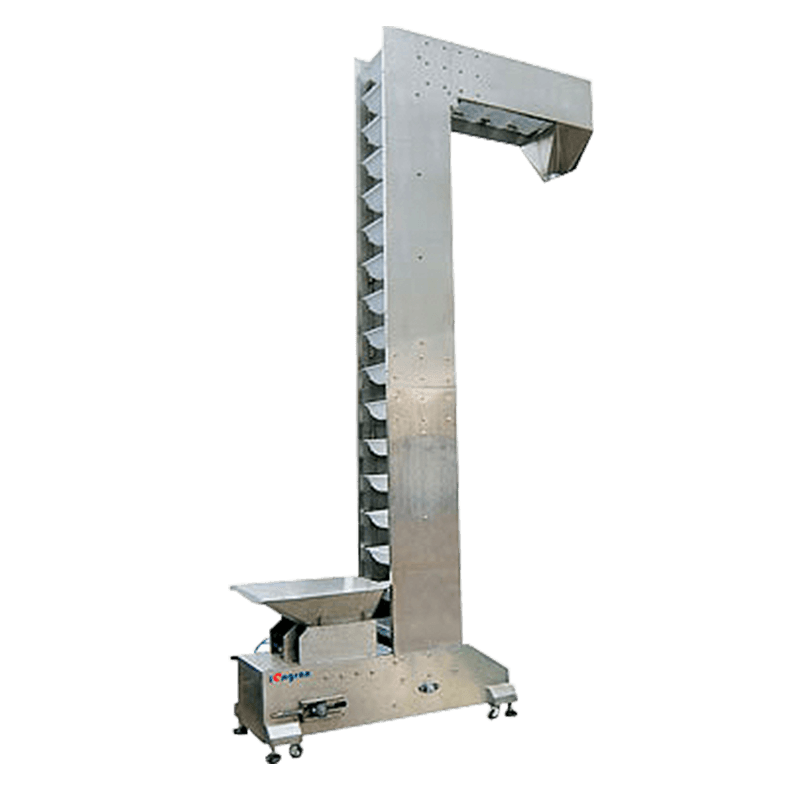
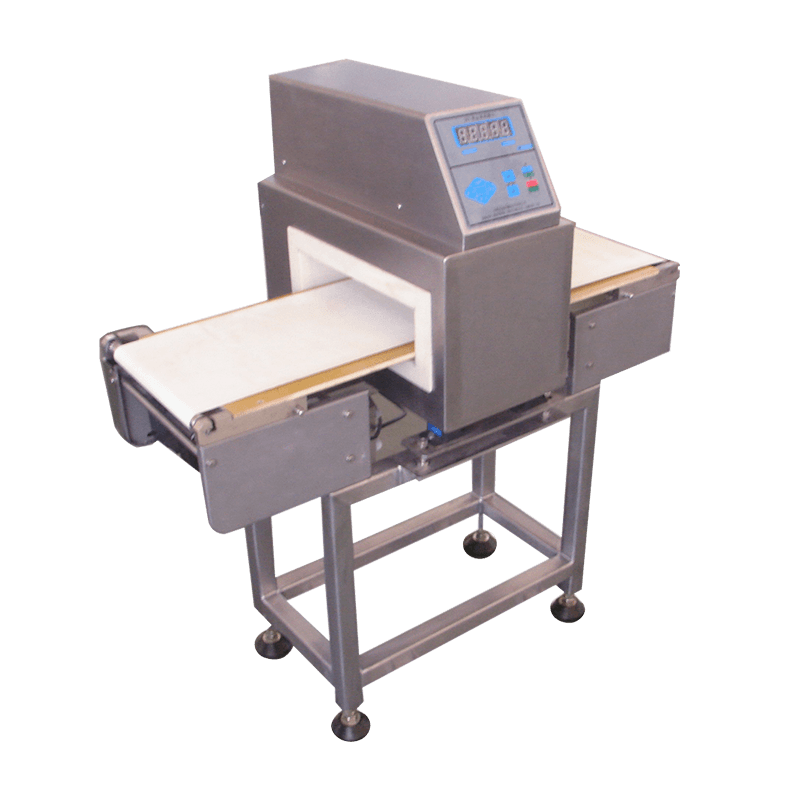
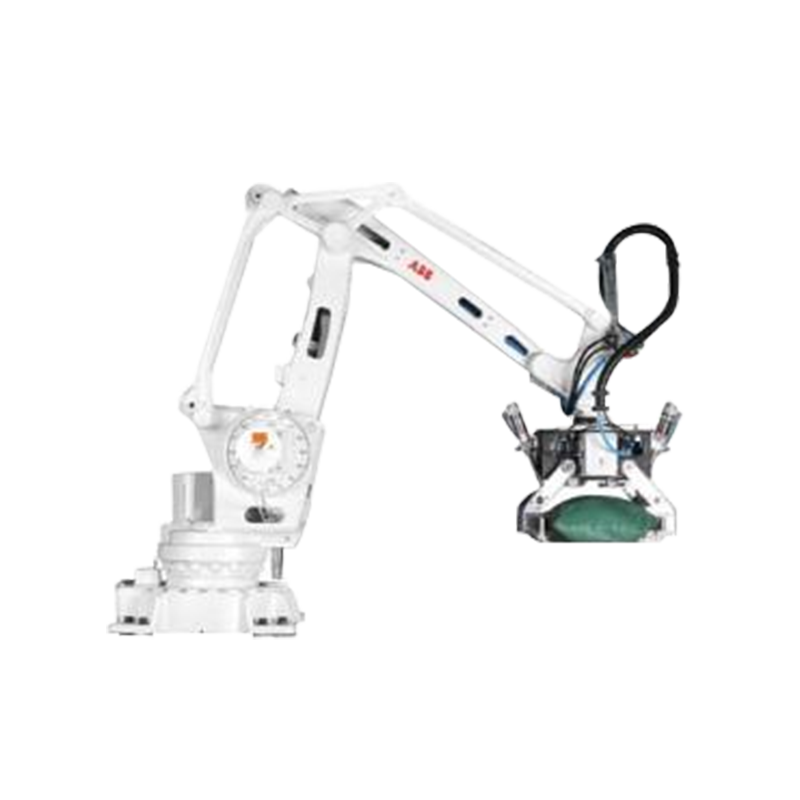
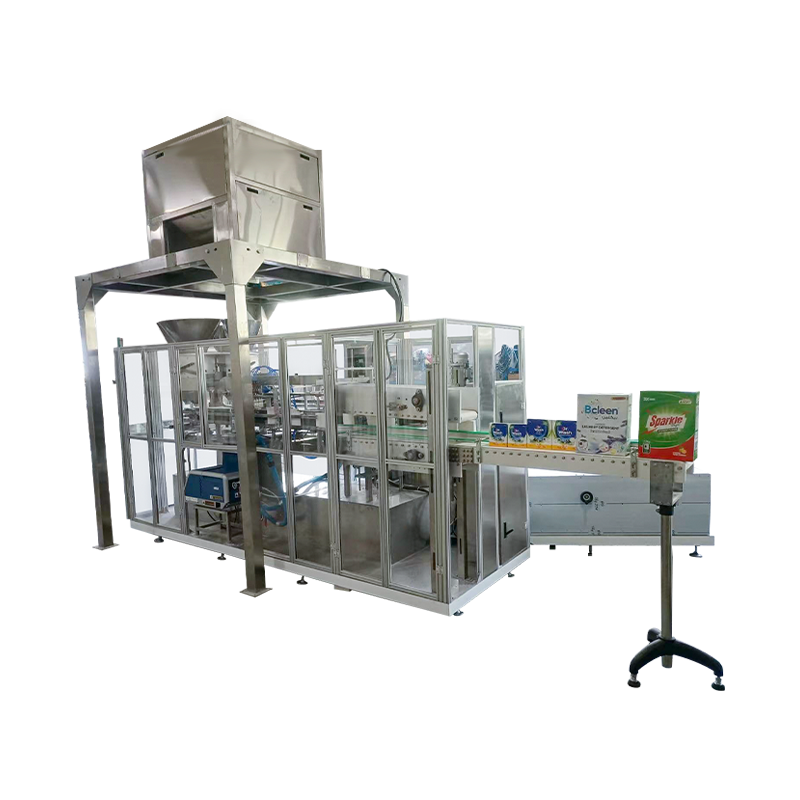

Contact Us